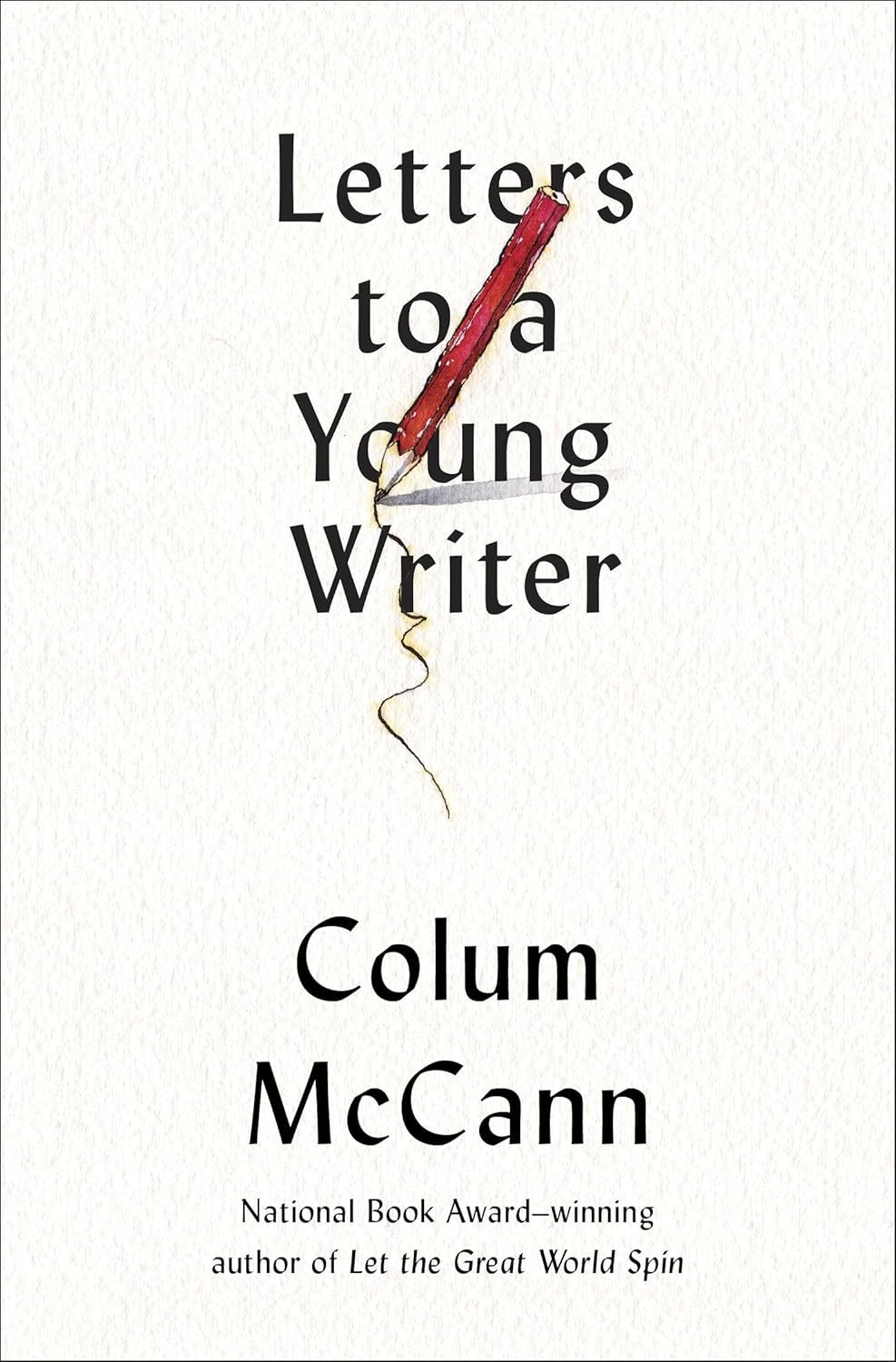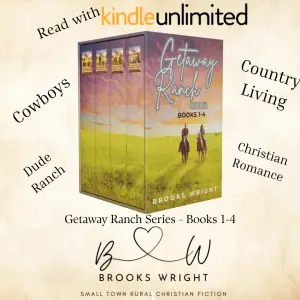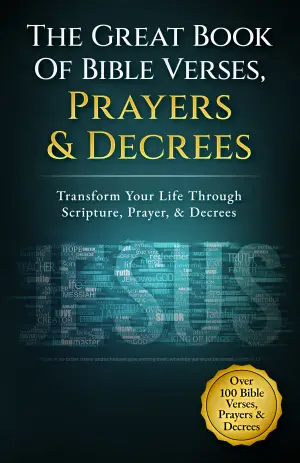
15 Jul Unfolding Words: Navigating the Wisdom of ‘Letters to a Young Writer’
Finding Light in the Ink: A Review of Letters to a Young Writer by Colum McCann
When I first picked up Letters to a Young Writer: Some Practical and Philosophical Advice by Colum McCann, I was intrigued not only by the title but also by McCann’s esteemed reputation as an author. Having revelled in his Pulitzer Prize-winning work, Let the Great World Spin, I was curious to dive into his thoughts on the art of writing. What I didn’t expect was the refreshing blend of humor, wisdom, and heart that unfolded on each page, making this book feel more like a friendly chat than a rigid lecture.
At its core, Letters to a Young Writer is a vibrant tapestry of fifty-two essays that serve as a guide for aspiring writers. Through a series of intimate letters, McCann encourages us to look outward rather than inward, pushing the boundaries of our experiences. He emphasizes the importance of empathy—an idea that spoke to me deeply. His assertion that storytelling can illuminate the dark corners of our world is a reminder that our words can wield profound power; this idea lingered with me long after I closed the book.
McCann’s writing style is approachable and filled with warmth; it feels as if he’s sitting across from you, sharing wisdom over a cup of tea in a cozy café. His wit shines through in chapters playfully titled "Don’t be a Dick" and “The Art of Literary P*rn,” making what could be pedantic advice both entertaining and relatable. His reflections on the “bruises” of writing as both a profession and a calling resonated profoundly with my own journey as a writer. Each essay feels like a heartfelt pep talk that is both encouraging and candid about the challenges we face as wordsmiths.
Among the many nuggets of wisdom, one quote stood out: “How old is the young writer? Seventeen, sixty, forty-six—who cares?” This struck a chord with me because it encapsulates the essence of the book: writing knows no age limit. McCann embodies this ethos of inclusivity, inviting writers of all stages to feel seen and supported.
One memorable passage discusses the importance of breaking and bending the rules of writing, which expanded my perspective on creativity. It’s a beautiful reminder that sometimes, it is the very act of rebellion against conventional wisdom that births true art.
I believe Letters to a Young Writer is not just for the burgeoning author but also for the seasoned writer looking for a spark or simply anyone who cherishes the power of storytelling. McCann’s profound yet accessible insights offer a source of encouragement that many of us need, regardless of where we find ourselves on our writing journey.
In the end, this book didn’t just inspire me—it revitalized my passion for writing. It left me with a craving to put pen to paper and to dive deeper into my own stories. So, if you’re yearning for guidance, humor, or a reminder of why you fell in love with writing in the first place, consider giving McCann’s letters a read. They may just become a cherished whispered nudge in your creative nook.
You can find Letters to a Young Writer: Some Practical and Philosophical Advice here >>









